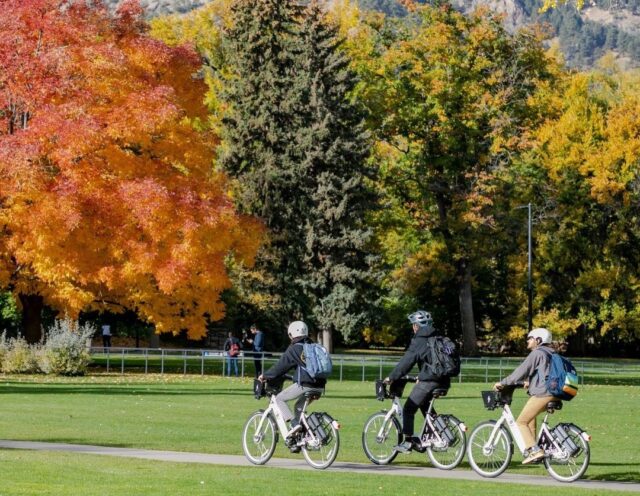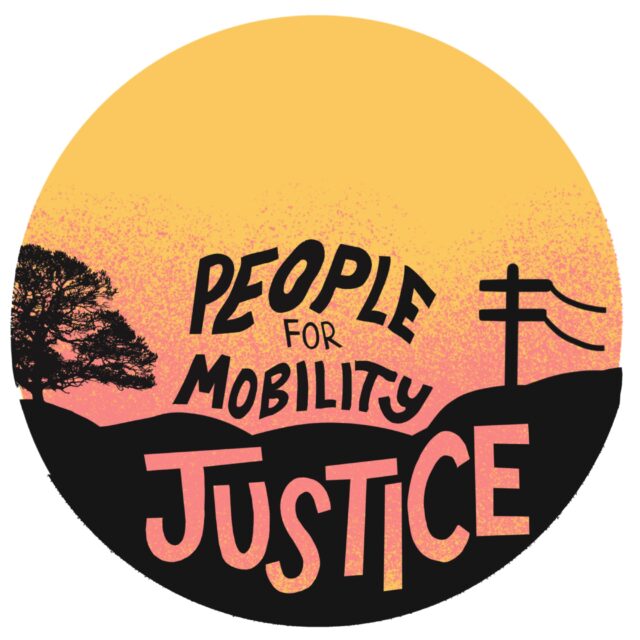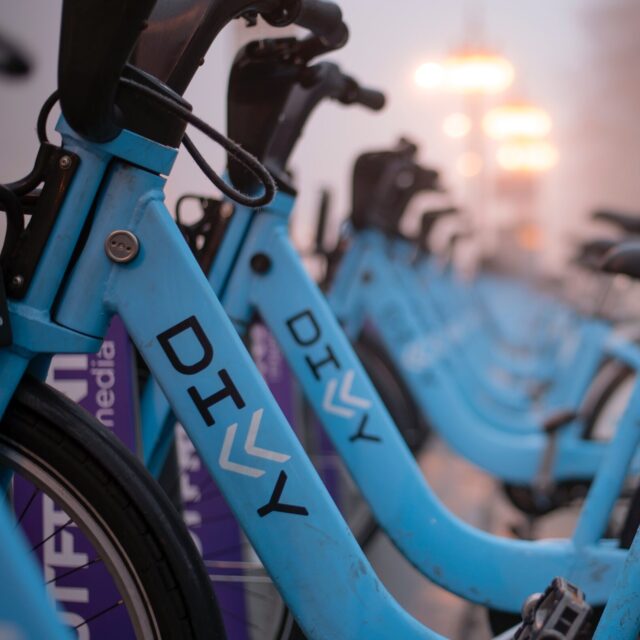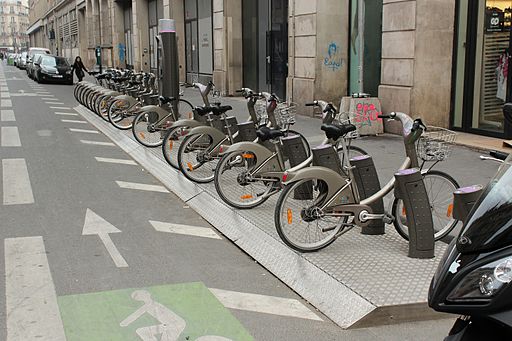Bringing Bike Share to Boulder’s Low-Income Essential Workers
by Kiran Herbert, Communications Manager
July 30, 2021
As part of a new grant, Boulder Bicycle Sharing is partnering with community organizations to get more people on electric bicycles.

There’s a growing consensus that electric bikes can play a pivotal role in reducing greenhouse gas emissions. After all, household motor vehicle trips are one of the biggest sources of transportation emissions in the United States, with 60% of trips clocking in at 6 miles or less (75% are under 10 miles), a range that’s easily manageable by electric bike. When replacing traditional car trips, e-bikes promote healthful exercise and help reduce one’s carbon footprint, benefits the Colorado Energy Office (CEO) wants to capitalize on.
In the fall of 2020, Colorado launched its “Can Do Colorado Community Challenge,” a program aimed at helping places rebound from the pandemic while building a healthier, more sustainable future. As part of this initiative, CEO committed $500,000 toward a pilot that increases access to e-bikes for low-income essential workers. Through the pilot, 13 low-income essential workers in the greater Denver area received a free e-bike, as well as a helmet, pump, lock and lights. This spring, Colorado expanded the pilot to include five new grantees throughout the state, one of them being Community Cycles in Boulder.
When Kevin Crouse, the executive director for Boulder Bicycle Sharing, heard that Community Cycles had landed one of the grants, he was stoked. In conversation with the organization, Crouse began to brainstorm ways to collaborate.
“There are fundamental constraints when it comes to the personally-owned e-bike model: the cost is the highest upfront on a per person basis and there’s a limit on how many people can be served,” says Crouse. “I started to think that bike share could expand the number of people that are served and maybe for some populations—such as those without secure storage—it could be an even better option.”
Of the 100 e-bikes Community Cycles has committed to disseminating to low-income essential workers, 50 will be in the form of two-year, annual bike share passes to Boulder B-Cycle. Although applications are being routed through Community Cycles, Boulder Bike Sharing and Boulder Housing Partners, the city’s affordable housing entity, will help out with bike orientations and route planning (Boulder Community Health will also instruct participants on helmet use). Community Cycles ultimately received more applications than available e-bikes for the personally-owned model and is in the process of vetting folks for the bike share option.
“We actually have a fair number of Boulder Housing Partners properties that are already served by the existing Boulder B-Cycle system,” says Crouse. “But as the system continues to grow and electrify, we’re really placing a focus on these properties, along with other locations in the city identified as underserved areas.”
By partnering with the local housing authority and health organization, Boulder Bicycle Sharing hopes to maintain a trusted, direct line to the low-income populations it wants to serve. The grant will also provide those in the bike share program with free helmets and panniers or bags, further reducing barriers for those using the bikes to commute to work or run errands.
Boulder opted to electrify its bike share system this past March, adding 100 electric pedal-assist bikes and committing to more down the line. E-bikes allow people to easily bike greater distances and uphill, accommodate those with mobility limitations, are ideal for commuting with groceries and children, and prevent folks from breaking a sweat while commuting. In short, e-bikes make biking more accessible—it’s no surprise that bike share systems everywhere are making the switch.
“We’re hoping e-bikes will reinvigorate bike share,” says Crouse. “And we want to stay on the right side of making sure electric mobility is equitable and accessible.”
The Better Bike Share Partnership is funded by The JPB Foundation as a collaboration between the City of Philadelphia, the National Association of City Transportation Officials (NACTO) and the PeopleForBikes Foundation to build equitable and replicable bike share systems. Follow us on Facebook, Twitter and Instagram or sign up for our weekly newsletter. Got a question or a story idea? Email kiran@peopleforbikes.org



